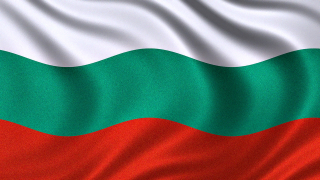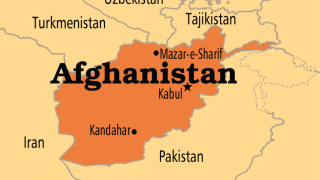27.10.2016
US-South Korean exercises have begun at Kunsan Air Force Base in Gunsan, South Korea. The plan of these war games involves surgical-preventative...
11.12.2016
The polling stations continue their work in Transnistria (officially the Pridnestrovian Moldavian Republic). People are choosing their future...
06.11.2016
Election districts have almost completed their work in Bulgaria. Today's elections have been the first direct elections in Bulgaria; moreover, the...
31.10.2016
Negotiations are ongoing between the President of Venezuela, Nicolas Maduro, and the opposition members who support his impeachment.
13.11.2016
The second round of presidential elections comes to an end in Bulgaria. Tsetska Tsacheva, the current Chairwoman of the National Assembly of Bulgaria...
08.03.2018
Marcello Foa’s opinion
05.08.2016
The documentary "Turkey: The Coup". The events of July 15-16 2016. The sensational investigation of Tsargrad Channel. American sect's secret plot....
28.11.2024
Essays like Bruna Frascolla’s that reveal the links between the false religious beliefs that abound in the United States and their negative social...
27.11.2016
The early parliamentary elections, scheduled after Sheikh Sabah Al-Ahmad Al-Jaber Al-Sabah dissolved the parliament, were held on Saturday in Kuwait...
14.04.2017
We all know that the US wants to keep Afghanistan as the vassal country to encircle Russia and China and as it has already spoiled peace process...
20.08.2016
The Turkish Prime Minister Binali Yildirim said on Saturday that Turkish authorities believe that it is time to stop the bloodshed in Syria, where...
28.04.2017
Venezuela announced yeaterday about withdraw from the Organization of American States (OAS) following the regional bloc's call for a meeting of...












